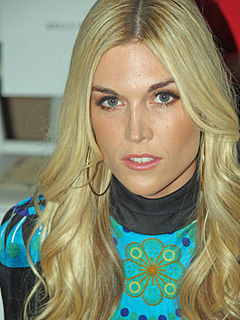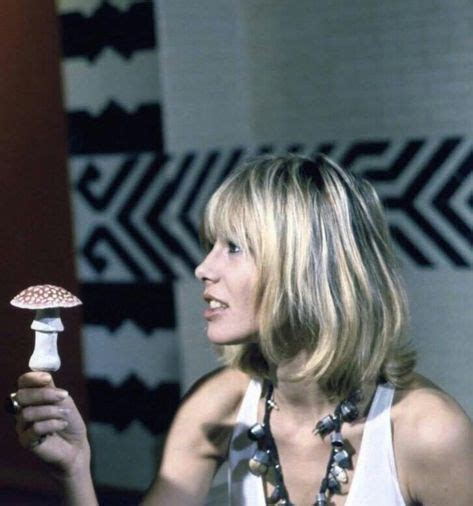A Quote by Tinsley Mortimer
Originally I was going to write a fashion style guide, but then my publishers suggested I write a novel instead.
Quote Topics
Related Quotes
Objectifying your own novel while writing it never really helps. Instead, I guess while you're writing you need to think: This is the novel I want to write. And when you're done you need to think: This is what the novel I wanted to write feels like and reads like and looks like. Other people might call it sweeping or small, but it's the book you chose.
Write what you want to read. So many people think they need to write a particular kind of book, or imitate a successful style, in order to be published. I've known people who felt they had to model their book on existing blockbusters, or write in a genre that's supposed to be "hot right now" in order to get agents and publishers interested. But if you're writing in a genre you don't like, or modeling yourself on a book you don't respect, it'll show through. You're your first, most important reader, so write the book that reader really wants to read.
If you want to lose 40 pounds, you order salad instead of fries. If you want to be a better friend, you take the phone call instead of screening it. If you want to write a novel, you sit down and write a single paragraph. It's scary to make major changes, but we usually have enough courage to take the next right step.


































